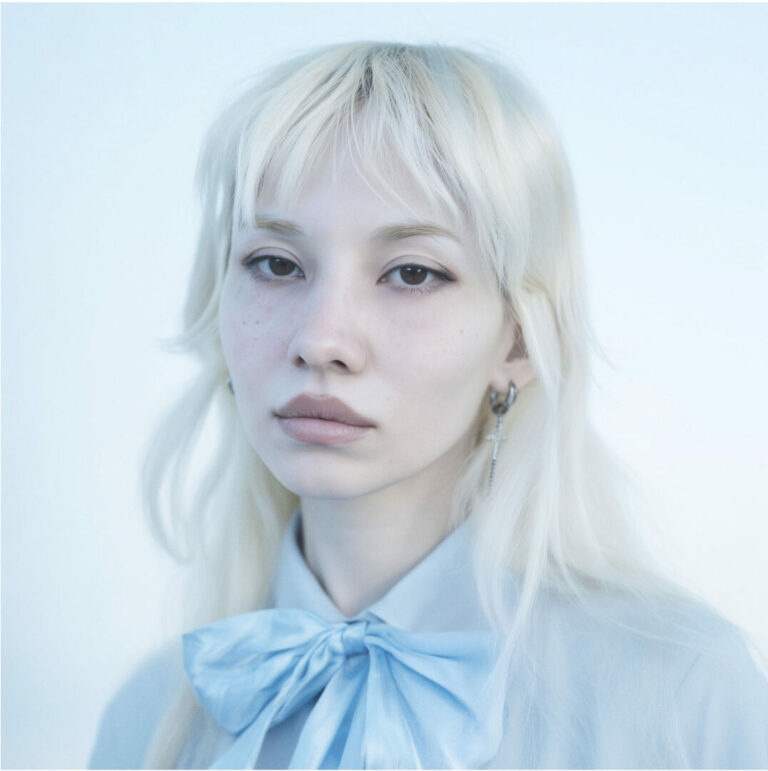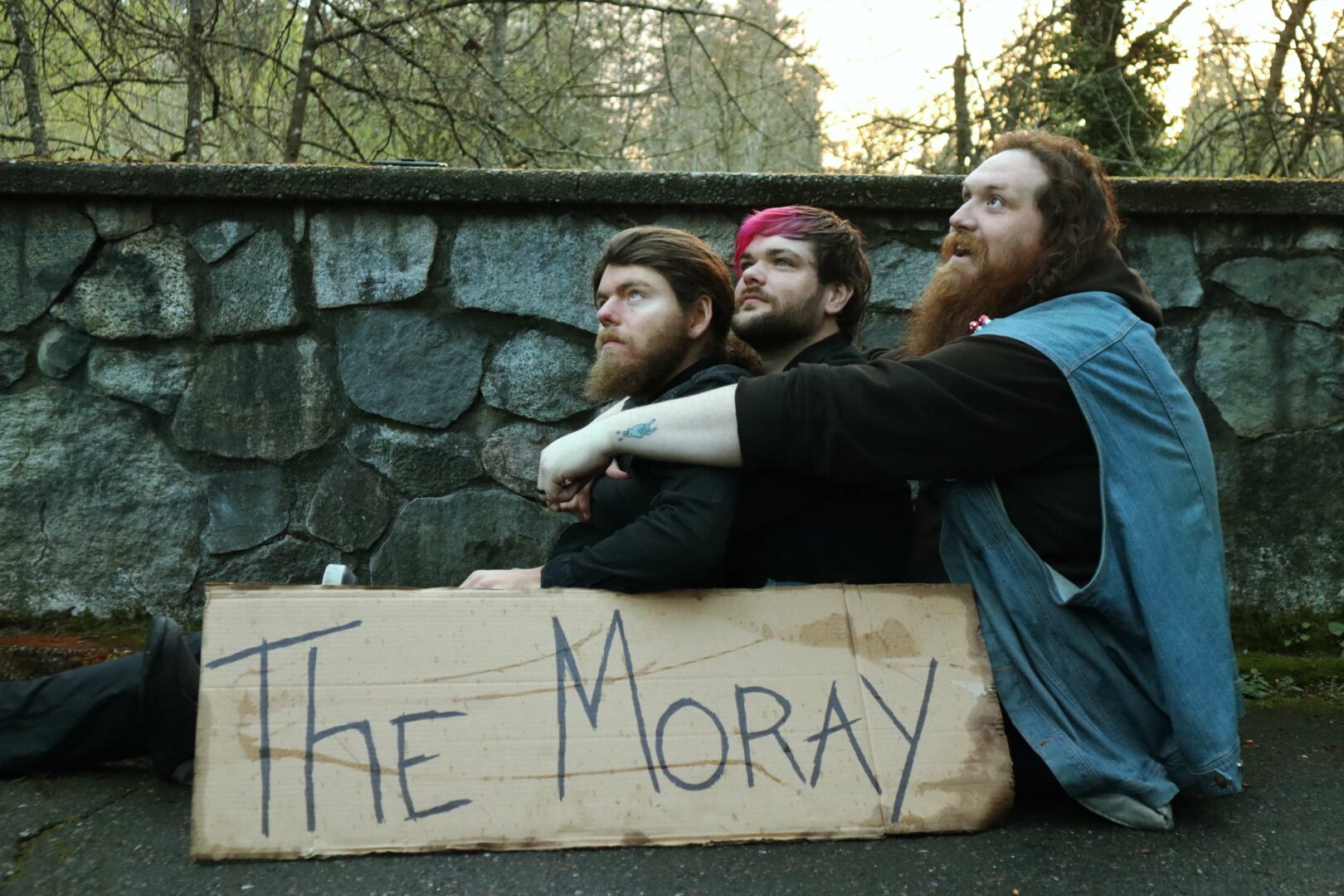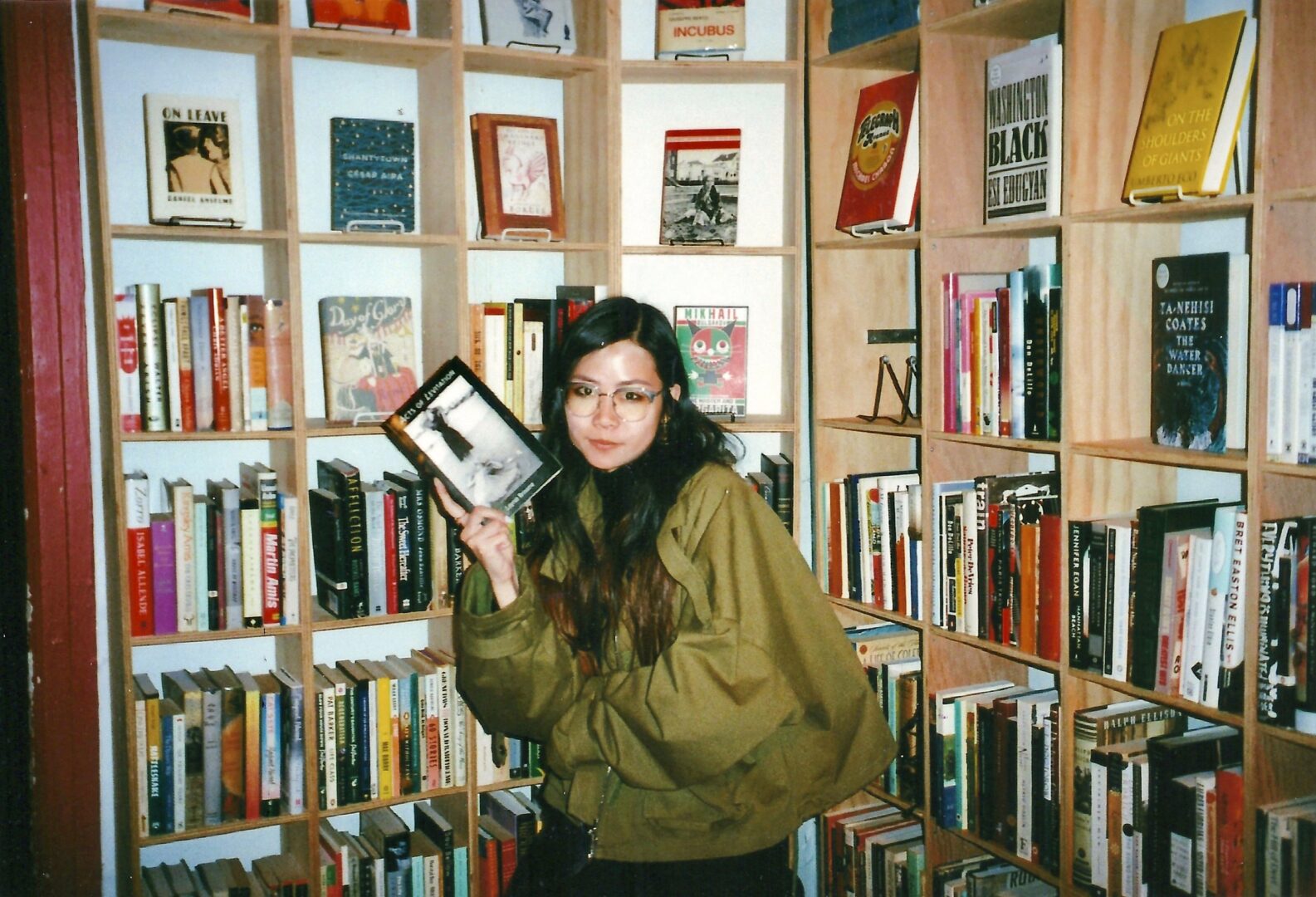We were lucky to catch up with Luce Hicks recently and have shared our conversation below.
Luce, we can’t begin to explain how much we appreciate you sharing about your PPD experience, but we can say that so many in our community are suffering from or have suffered from postpartum issues including postpartum depression and so you sharing your story and how you overcame it might help someone who is going through it right now or in the future. What can you share with us about how you overcame PPD? For readers, please note this is not medical advice, we are not doctors, you should always consult professionals for advice and that this is merely one person sharing their story and experience.
I wish I could say that the moment my son was placed in my arms, I felt that instant, overwhelming love you always hear about. But the truth? I felt like I was drowning.
After an unexpected C-section, my body felt broken, my mind foggy, and my heart… disconnected. The days blurred together in exhaustion, and the guilt of not feeling bonded with my baby weighed on me heavy. I didn’t recognize myself, and I didn’t know how to ask for help. In my community, we push through. We survive. Therapy? That wasn’t something we talked about, let alone considered. So I did what I knew—I suffered in silence.
But somewhere in the midst of that struggle, I realized I had a choice. I could stay stuck in the darkness, or I could fight my way out. I had to be intentional about bonding with my son, even when it didn’t come naturally. So I started small. Skin-to-skin, even when I felt numb. Talking to him, even when my voice felt unfamiliar. Letting my village step in, even when I wanted to prove I could do it alone.
It wasn’t easy. Some days, I still felt like I was drowning. But little by little, I found moments of light. And eventually, those moments turned into days. Then weeks. Then a new version of me—one who wasn’t just surviving, but healing.
Postpartum depression didn’t define me, but it did change me. It taught me that love isn’t always instant. Sometimes, it’s something you fight for. And I chose to fight for him—and for myself.
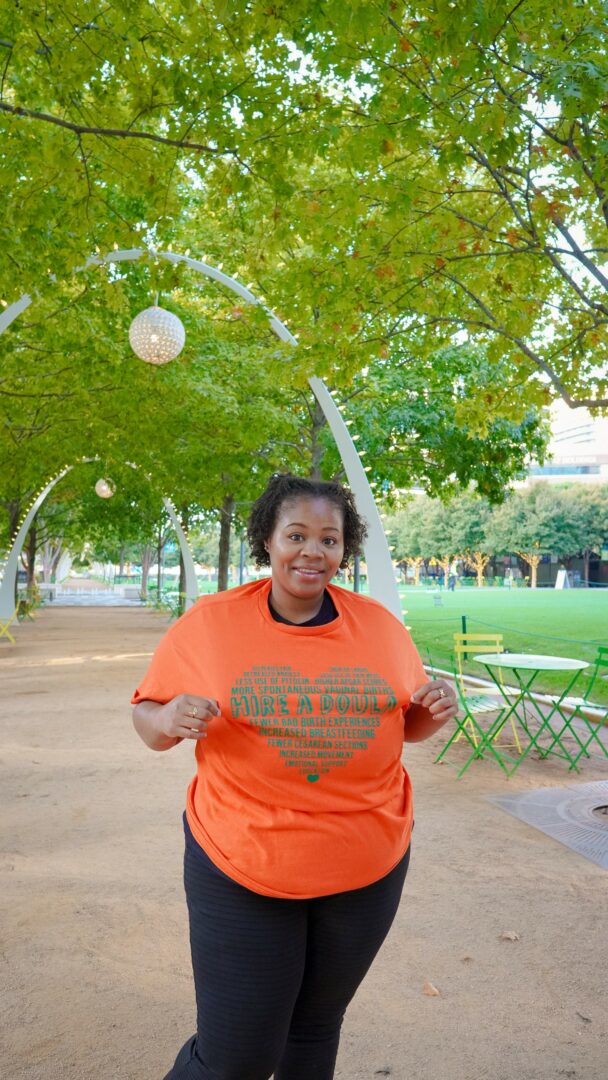
Appreciate the insights and wisdom. Before we dig deeper and ask you about the skills that matter and more, maybe you can tell our readers about yourself?
I am Luce Hicks, a maternal health advocate, postpartum wellness expert, and the founder of After Birth and Project LEAP. My work is deeply rooted in ensuring that mothers—especially Black and underserved women—receive the education, support, and care they need during the most vulnerable stages of motherhood.
But my journey into this work wasn’t planned—it was personal. After having my son via C-section, I struggled with postpartum depression in ways I never expected. I didn’t feel that instant bond everyone talked about. Instead, I felt like I was drowning. In my community, therapy wasn’t something openly discussed, so I suffered in silence, trying to push through. It wasn’t until I became intentional about healing—allowing my village to step in, practicing skin-to-skin even when I felt numb, and reminding myself that love isn’t always instant—that I found my way back.
What I didn’t realize at the time was that I was already doing the work. I had unknowingly supported my sister through her birth as a doula before even knowing what a doula was. My own struggles ignited a passion in me: to make sure no mother feels alone in her postpartum journey the way I once did.
Through After Birth, I provide birth and postpartum doula services, corporate wellness programs, and childbirth education. I’m especially passionate about the postpartum period, a phase that’s often overlooked yet critical for both maternal and infant health. My goal is to help families navigate this time with confidence, support, and knowledge—because no mother should feel like she’s struggling alone.
With my nonprofit, Project LEAP (Leading and Empowering Adolescent Parents), I focus on providing young parents with the resources, education, and mentorship they need to thrive. From parenting workshops to hands-on support, I’m committed to changing the narrative for parents and making sure they feel empowered in their journey.
Right now, I’m in an exciting phase of expansion! I’ve launched The Pivotal Hours, a program designed to educate and support mothers in the critical first weeks after childbirth. I’m also working on expanding Period Pouches, a project that provides cost-effective, high-quality menstrual care kits for young girls and women who need them most. In addition, I’m focusing on community-based postpartum education, ensuring families have access to essential knowledge and resources to support healing and recovery after birth.
Everything I do is centered on one mission: reducing maternal and infant mortality, increasing support for postpartum mothers, and making sure every family—regardless of background—has access to quality care.
I want people to know that postpartum care isn’t just about babies—it’s about mothers thriving, families strengthening, and communities growing. That’s the legacy I’m building.
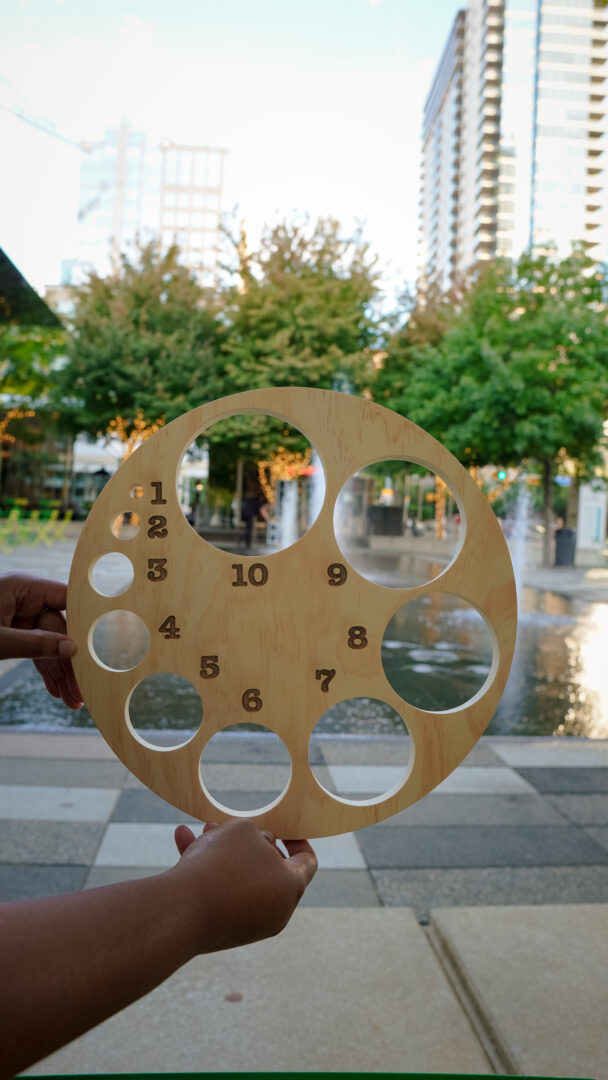
Looking back, what do you think were the three qualities, skills, or areas of knowledge that were most impactful in your journey? What advice do you have for folks who are early in their journey in terms of how they can best develop or improve on these?
Looking back, three things have been most impactful in my journey: resilience, community, and the willingness to learn.
Resilience is what kept me going when I felt like I was drowning in postpartum depression, when I didn’t feel connected to my son right away, and when I had to push through healing from a C-section while figuring out motherhood. I had to remind myself that every hard moment was temporary and that I was stronger than I gave myself credit for. For anyone just starting out—whether in motherhood, business, or advocacy—understand that challenges will come, but you will get through them. Give yourself grace, but don’t give up.
Community saved me. Even when I wanted to isolate, the people around me—family, friends, and even other moms—poured into me in ways I didn’t always know I needed. If you’re early in your journey, build your village. Whether it’s through mentors, like-minded peers, or a support group, you need people who will remind you of your purpose when you start to doubt yourself.
The willingness to learn has been key. I didn’t become a doula because I always knew this was my calling—I became one because I lived it, and then I took the time to educate myself so I could help others. The best advice I can give? Stay teachable. Read, take courses, ask questions, and never assume you know it all. Growth comes when you remain open to learning.
No matter where you are in your journey, trust yourself, lean on your village, and never stop evolving.
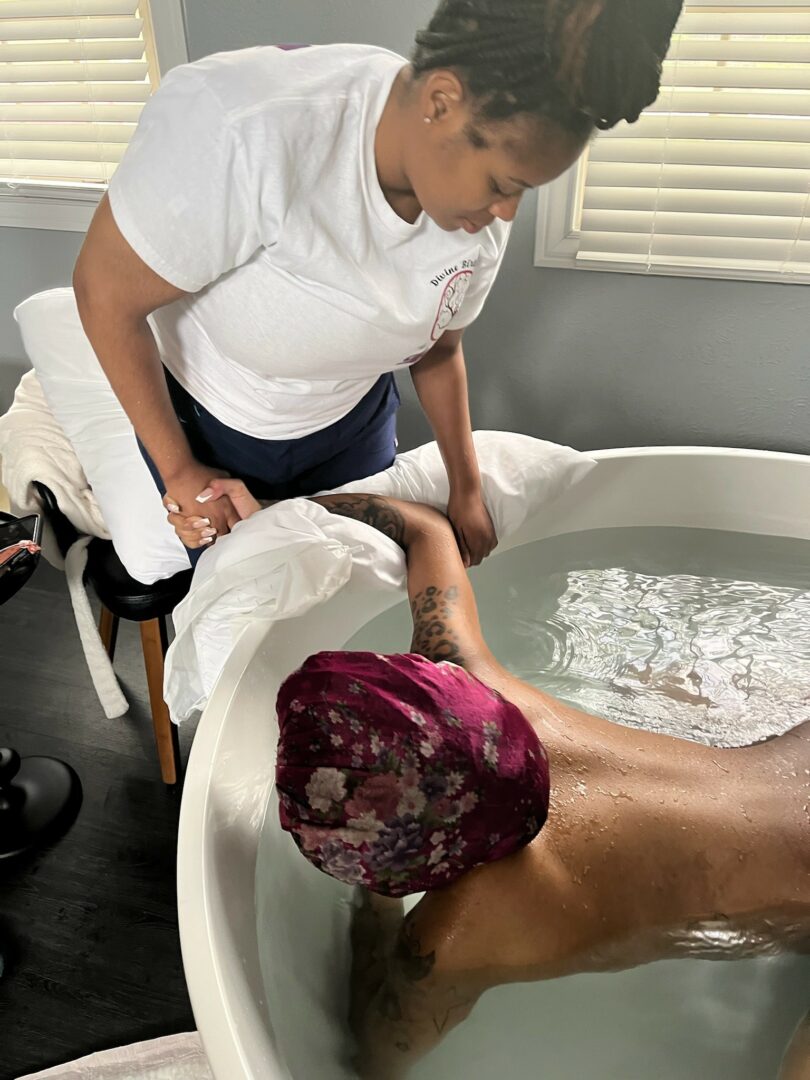
Any advice for folks feeling overwhelmed?
When I feel overwhelmed, the first thing I do is pause and breathe—because if I don’t, I’ll keep pushing myself until I burn out. I’ve learned that overwhelm is my body’s way of telling me to slow down, so I try to listen.
I also lean on my village. Whether it’s venting to a friend, calling my sister, or even just letting someone take something off my plate, I remind myself that I don’t have to do it all alone. That was a hard lesson for me because I used to think asking for help was a sign of weakness. Now, I know it’s a survival skill.
Another thing that helps is getting back to my “why.” When everything feels like too much, I take a step back and ask myself: What actually matters right now? What can wait? Because sometimes, we’re carrying things that aren’t even ours to hold. Re-centering on my purpose helps me refocus and move forward with intention.
For anyone struggling with overwhelm, my advice is simple: Breathe, delegate, and get real about what truly needs your energy. Everything else? It can wait.
Contact Info:
- Website: https://www.afterbirth.baby
- Instagram: afterbirth.baby
- Facebook: afterbirth.baby
- Linkedin: Luce Hicks
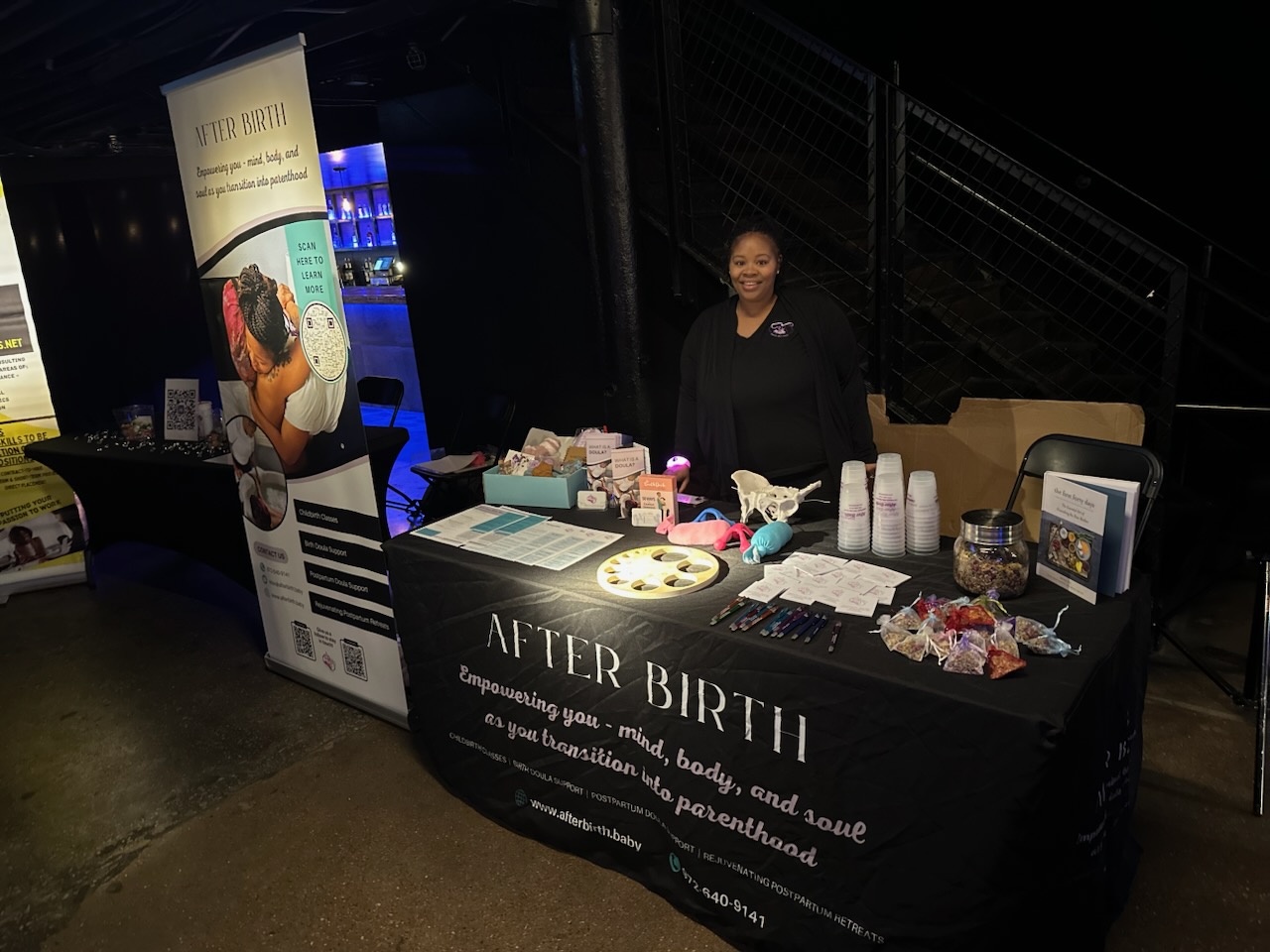
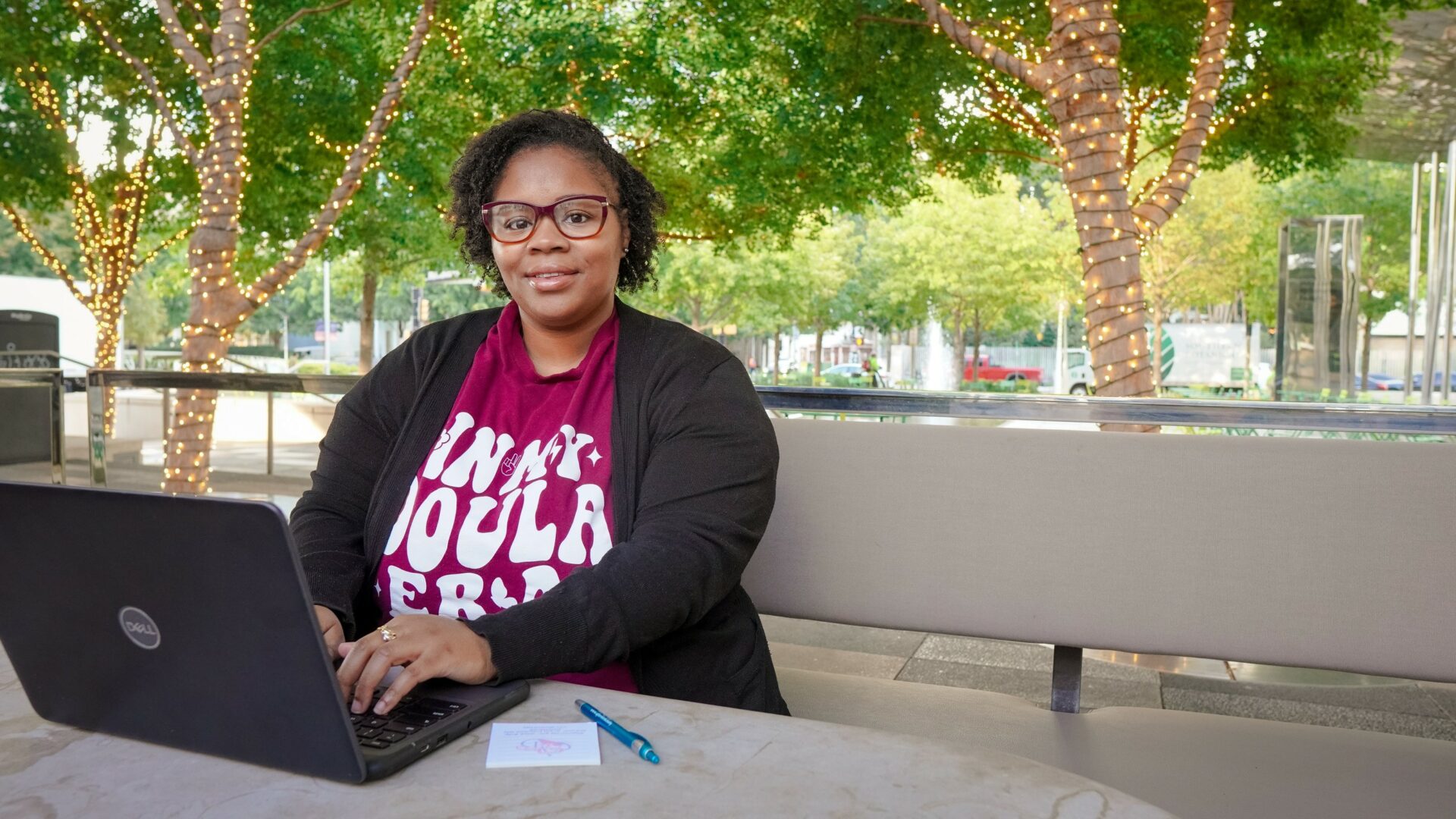
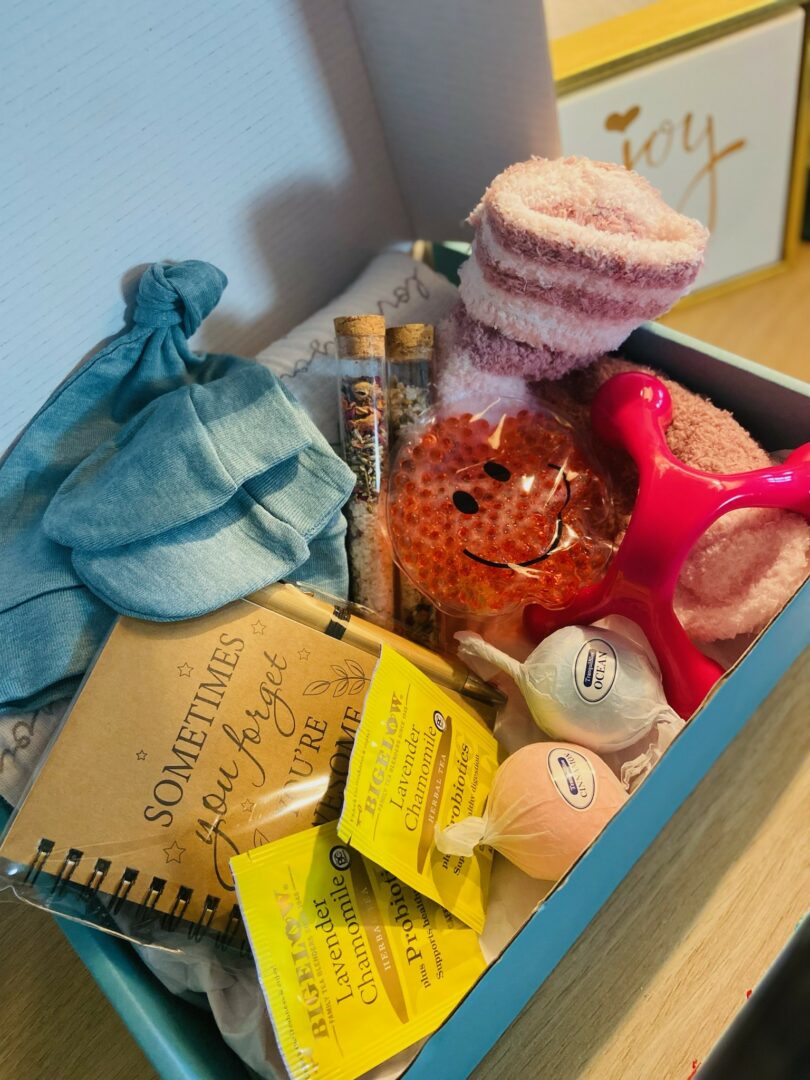
so if you or someone you know deserves recognition please let us know here.


